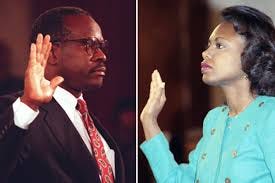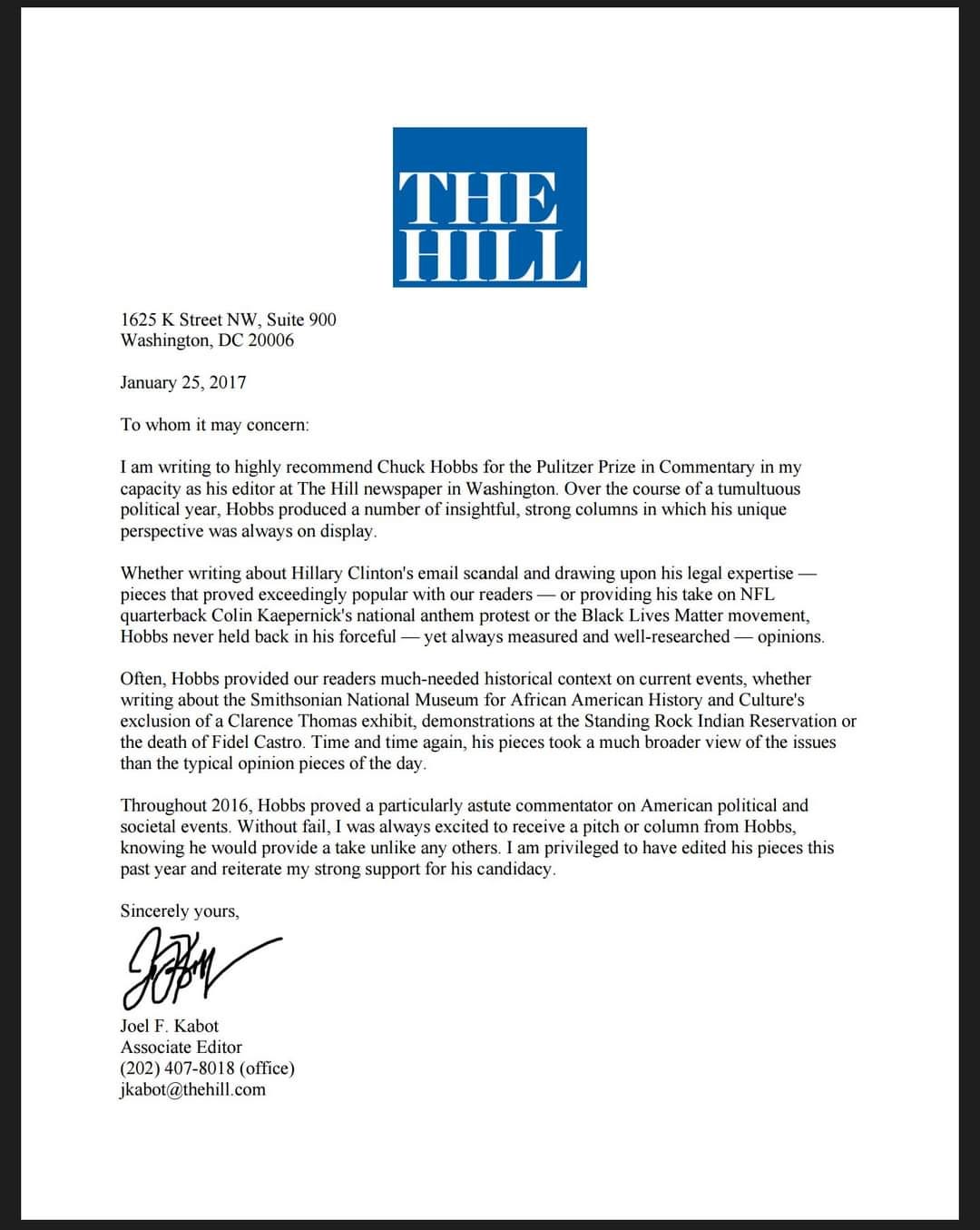30 years ago today, as I walked into the Chivers Dining Hall on the campus of Morehouse College to eat breakfast before my 9:15 English Literature class, I picked up a fresh copy of “The Maroon Tiger,” the school's newspaper, and anxiously flipped the pages until I found my first article published on the second page. As I sat eating my grits, eggs, and corned beef hash, I must have read the article, written in tandem with my close friend Ayinde Waring, at least five times before heading off to get that day's lesson.
To commemorate that momentous day in my life, today I am sharing an excerpt from my first book manuscript , “Tales from the Courthouse,” which places that proud moment into context:
“…Now, if you had asked me at six years old what I wanted to be when I grew up, depending on the moment I would have told you that I wanted to play second base for the Baltimore Orioles, become a military officer like my father, run for political office, and publish my own newspaper. 43 years later, I did not make it past high school baseball, I've never served in the military, and the jury is still out as to whether I will run for political office someday. But I have most certainly accomplished the last goal, being a writer and now a publisher, and the ‘how’ of this avocation is worth recounting to perhaps inspire future writers and publishers.
When I arrived at Morehouse during the fall of 1990, I quickly realized how very sheltered my life in Tallahassee, Florida had been up to that point. From an academic standpoint, while I knew quite a bit about the painful legacy of Slavery and Jim Crow discrimination, I believed that in spite of that, America was the best country in the world. In some respects, I still do…
But my new Morehouse classmates challenged many of my core beliefs on a daily basis; up to that point, I had never met so many individuals transfixed on the evils perpetrated by America through the centuries. Years later, when First Lady Michelle Obama was embroiled in controversy due to her comments, ‘for the first time in my life, I am proud of my country,’ I understood the tenor of her remarks instantly, as her words made me reflect back to my Morehouse Brothers espousing similar thoughts on campus.
It was during my freshman year at Morehouse when I first learned of the call for reparations for slavery and daily criticism of American Imperialism, so when war erupted that winter in Kuwait, I and my closest friends, most of whom were from the Deep South and raised with similar ideals, soon found ourselves in the minority as we supported President George H.W. Bush and the war effort. At forums designed to protest the war, my closest friends, the ‘Florida Boyz’ as we were called, garnered a reputation as something more than patriots—dare I say we were zealots who not only could dominate rhetorical arguments, but we had no qualms with settling disputes with our fists and feet when necessary. To that end, while most of my classmates had pictures of their families on their wall, mine was adorned with a makeshift collage featuring General Colin Powell, General Norman Schwarzkopf, and President Bush—all posing triumphantly underneath a giant American flag. Those beliefs, curiously, had me labeled a conservative for the first time in my life.
My reputation for being center-right was further cemented during the fall of ‘91 when I began following in the steps of my favorite pundits William Raspberry, William F. Buckley, and George Will by becoming an editorial writer for the Maroon Tiger newspaper. When I was granted a coveted column space that fall, it was not lost upon me that soon I’d be featured in the same pages where a young Martin Luther King, Jr. and Lerone Bennett honed their talents, which is why I was beyond ecstatic to see my name within its pages.
Interestingly enough, my first article, written in tandem with my classmate and day one friend Maurice Ayinde Waring, was in support of Clarence Thomas, a young Black conservative who had been nominated to replace civil rights legend Thurgood Marshall on the United States Supreme Court.
Mr. Thomas was embroiled in arguably the most divisive confirmation battle of the 20th Century based upon allegations that he had sexually harassed law professor Anita Hill, one who had been in his employ during his tenure as chairman of the Equal Employment Opportunity Commission. Thomas’s adversaries were many of the same groups that a generation earlier had rejoiced over the selection of the first Black Supreme Court Justice, Thurgood Marshall. The issue certainly was not Thomas’s color, as he was many shades darker than Marshall and other Black leaders openly questioning his loyalty to the race.
As a still learning 19-year-old, I perceived Thomas’s sin was being a Black man who readily identified with the core tenets of conservatism that were interwoven into Republican Party dogma. In my youthful naivete, I could not understand why a man who rose from poverty, believed in hard work, individual liberty, and the sanctity of life, perplexed so many Blacks—many of whom identified themselves as Christians. In fact, Thomas, on some issues, sounded an awful lot like my own father, Charles Sr.
I surmised at the time that Black politics, to a great extent, lacked ideological diversity and when a Black man like Thomas, one who had grown up during segregation and risen to the height of judicial power, challenged what was considered mainstream liberal orthodoxy, that criticism from the left would be swift and acerbic.
Well, looking back at this initial article and my first steps into a much larger world of political punditry, I realize that my own nascent thoughts were extremely idealistic and naive—no matter how technically well written. A lifetime of living since then has led me to know that Clarence Thomas’s conservatism was not the issue for liberal groups, including the NAACP and the National Organization of Women, that opposed his nomination. No, it was Mr. Thomas's insouciance about the hard fought civil rights that Black people secured in tandem with non-Black allies in the 50's and 60's, only to find Black men like himself, Alan Keyes, Allen West, Ward Connerley and other deplorables giving their best efforts to undermine avenues for legal redress and equal rights that pleased their right wing white masters, ones who prefer docile Blacks who accuse other Blacks of being shiftless, lazy, and guilty of being “the real racists.”
Thus, to borrow an adage from my baseball playing past, young Hobbs the pundit struck out by predicting that Thomas would morph into a champion of Black civil rights and equal justice under the law. But my older self is grateful for an archives that spans from The Maroon Tiger, to the Florida Alligator, the Capitol Outlook, Tallahassee Democrat, NY Times, The Hill, and my pride and joy, the Hobbservation Point—an archives that allow reflection upon the past in hopes of charting a better future through the written word…”
Thank you for subscribing to the Hobbservation Point Newsletter. Have a great weekend…








Interesting…
Let’s have lunch.
You have more than made good. That's the Hobbservation Point. We get the point! Honors’ due!